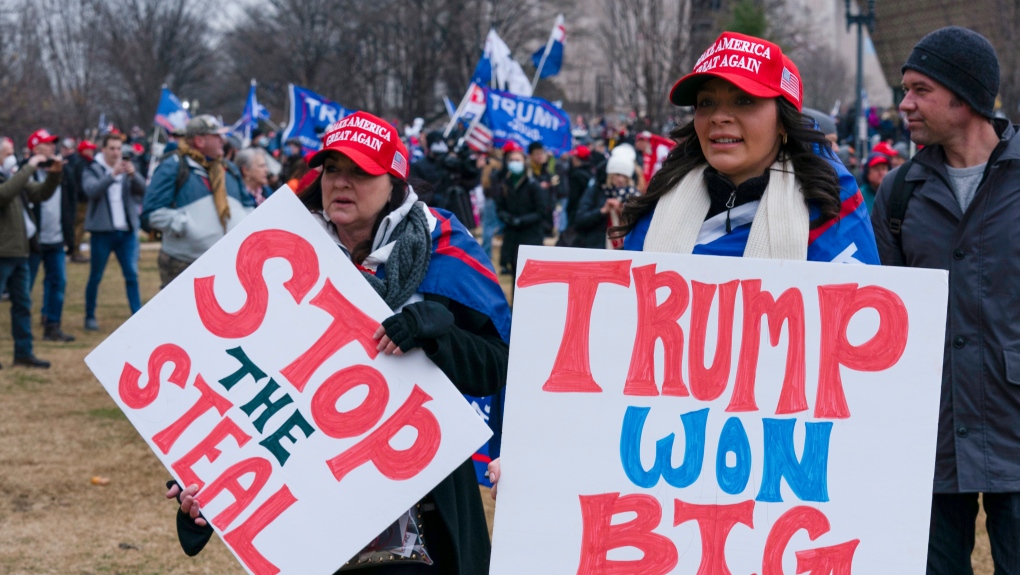Lies and misinformation that align with an individual’s political views and could eventually come true are perceived to be less unethical – even justified – because they agree with the broader sentiment behind the lie, a new study suggests.
Researchers conducted six experiments involving more than 3,600 participants to examine why some people condone lies and misinformation. Participants in each experiment were shown different statements clearly labelled as false. Some were then asked to consider if the statements could come true one day.
One of the experiments, for example, asked participants to imagine a friend lying about their skills on their resume. Some of them were then asked to consider whether the friend might one day acquire the skill they lied about. Researchers found that those who did so found the dishonesty less unethical. Another experiment asked participants to look at several very different political statements that were clearly identified as false and asked to predict whether it could come true.
The study, published on Thursday by the American Psychological Association’s Journal of Personality and Social Psychology, found that across the political spectrum, lies were less likely to be considered unethical by those who believed they could come true than those who did not. If the lie also aligned with their politics, researchers found participants were also more willing to share it on social media.
"Misinformation in part persists because some people believe it. But that's only part of the story," lead author Beth Anne Helgason, a doctoral student at the London Business School, said in a statement.
"Misinformation also persists because sometimes people know it is false but are still willing to excuse it."
Co-author Daniel Effron, a professor of organizational behavior at the London Business School, said the findings were concerning because participants were not dissuaded even when they were encouraged to consider the ethics of the lies.
"This highlights the negative consequences of giving airtime to leaders in business and politics who spout falsehoods,” Effron said in a statement.









































